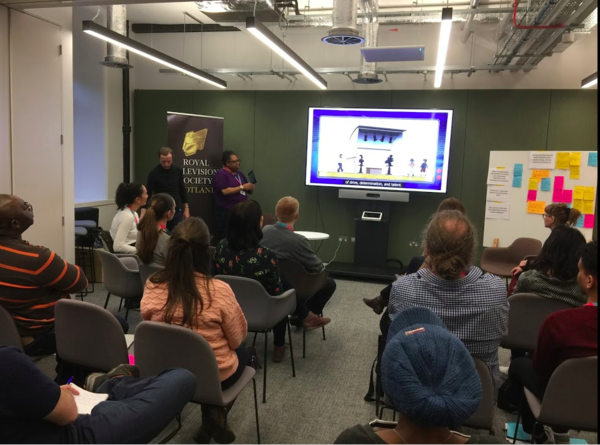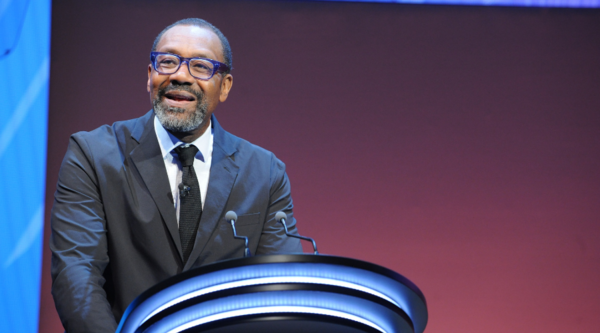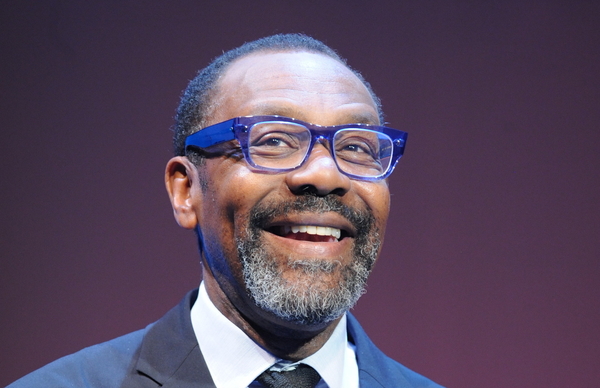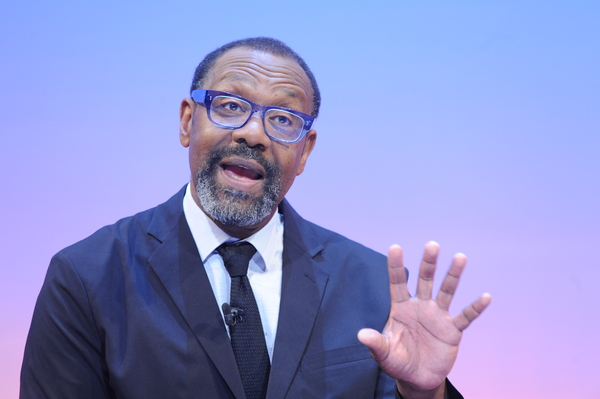The TV industry needs to appeal to broader audiences, says panel at RTS WoE event
“The [TV] industry genuinely is changing for the better, but we are where we are because lots of people have talked about stuff and not enough people have done anything,” added the CEO of Plimsoll Productions.
“We’re trying to appeal to broad audiences. How on earth can we do that if it’s all being seen through the prism of a bunch of middle-class white people? They should be part of the group, not the whole bloody group.”
Mansfield was part of a panel assembled for an RTS West of England webinar in late June discussing the health of the region’s TV production.






